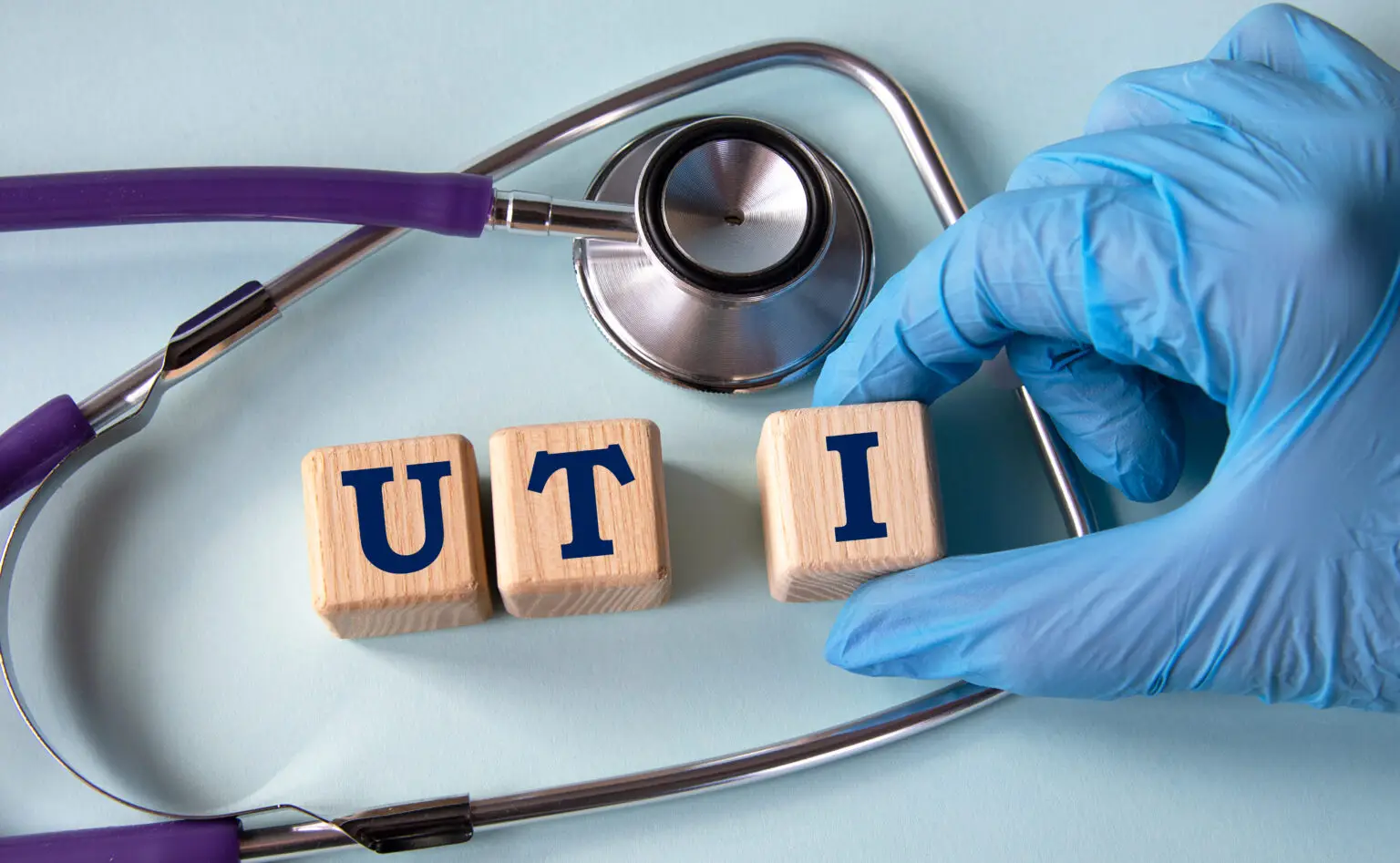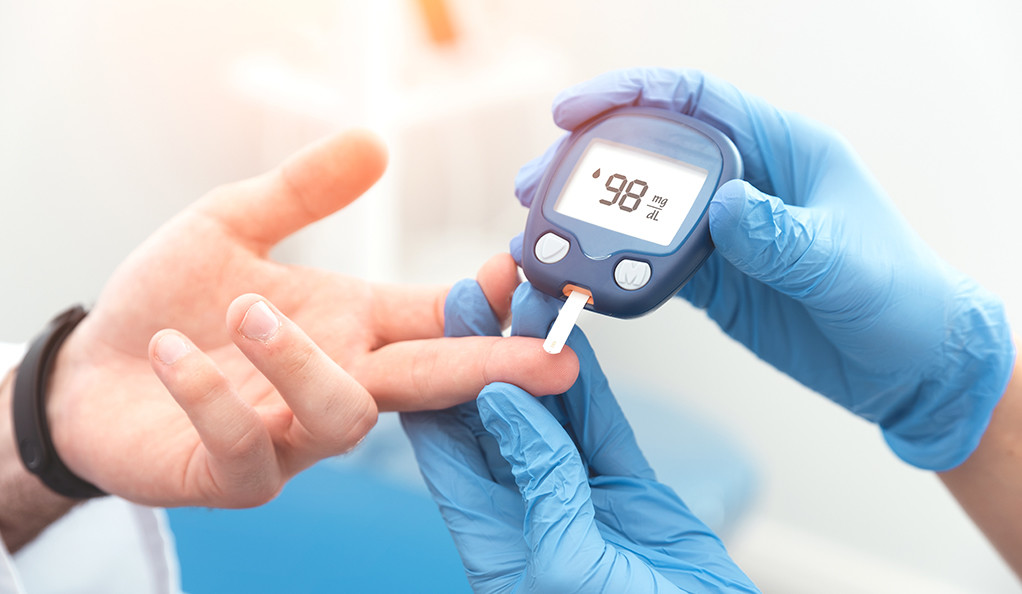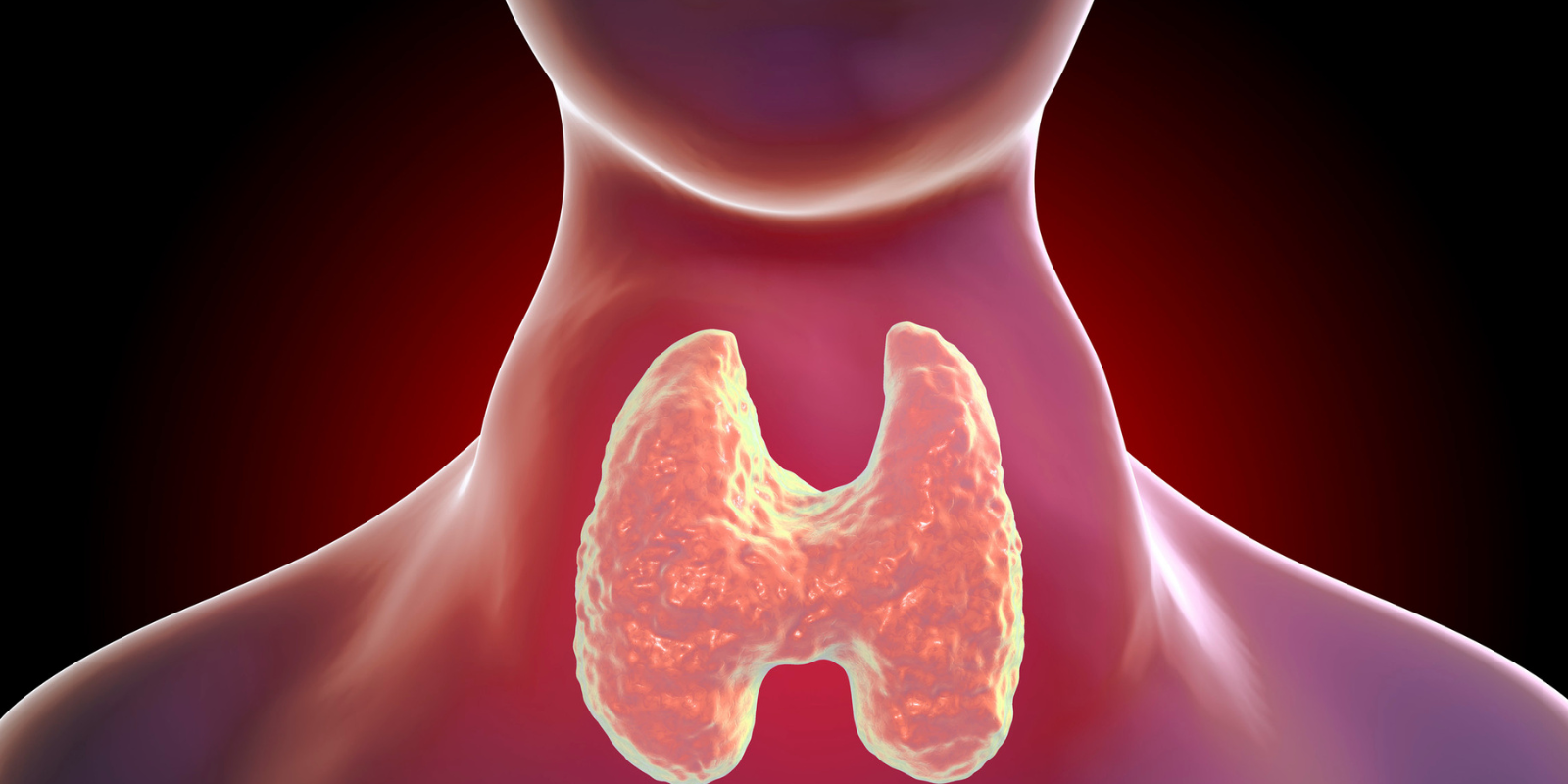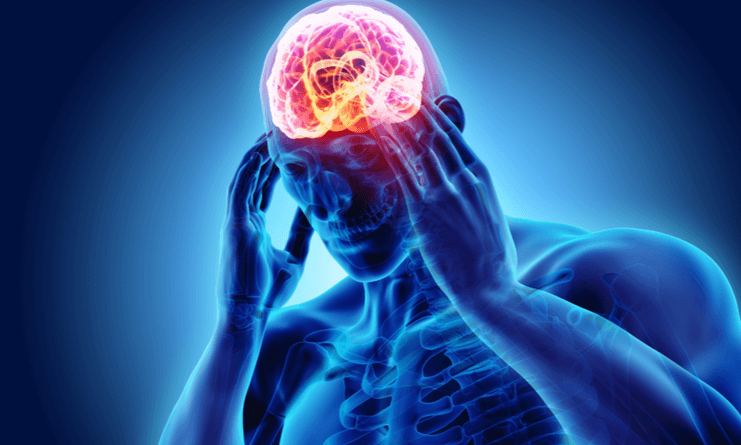Are hot flashes, mood swings, or restless nights driving you crazy? You’re not alone. Every woman goes through menopause differently, but one thing is for sure: it alters your body and mind in ways you might not suspect. That’s why it’s so important to have a menopause survival guide. It helps you understand what’s going on, recognise the symptoms, and find practical ways to cope.
Menopause isn’t about the end of your menstrual cycle; it’s about making changes to the process in a new stage of life. With the proper knowledge, menopause relief options, and lifestyle hacks, you can overcome the changes and even prosper during this transition.
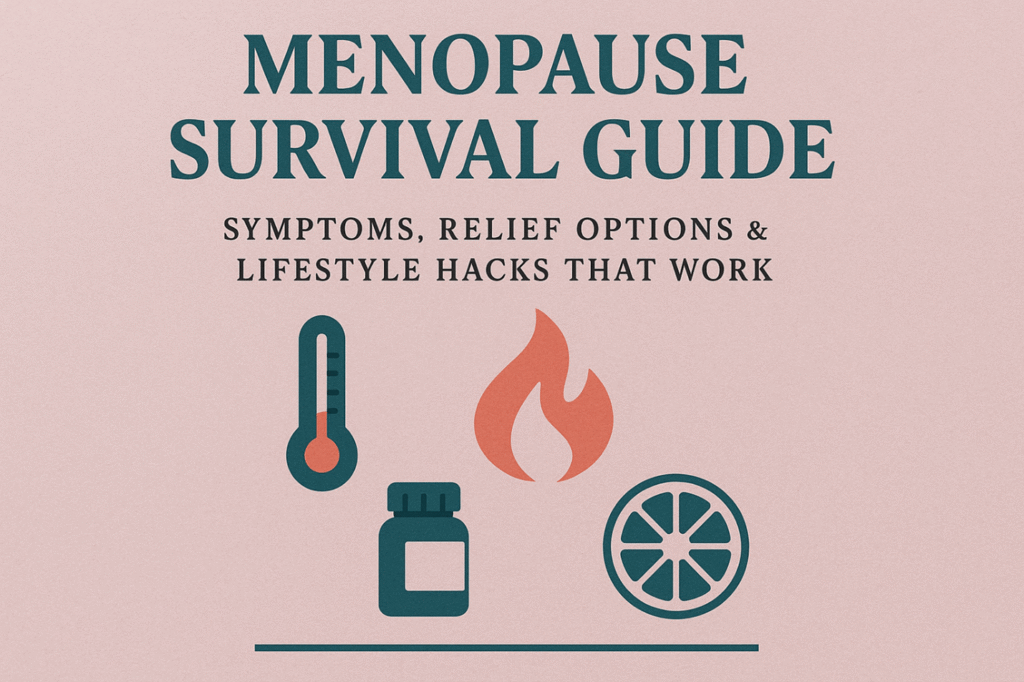
Understanding Menopause Symptoms
Menopause usually starts between 45 and 55 years of age, but it may occur earlier. The symptoms also tend to vary in intensity, but usually one thing is in common: they’re unpredictable.
Some of the more common menopause symptoms are:
- Hot flashes and night sweats.
- Mood swings, irritability, or anxiety.
- Difficulty sleeping or staying asleep.
- Vaginal dryness and reduced libido.
- Weight gain, especially around the belly.
- Brain fog and memory issues.
These changes are associated with hormonal shifts, primarily characterised by declining levels of estrogen and progesterone. Understanding these symptoms is the first step to getting relief.
Hormonal Changes During Menopause
During perimenopause(the transition phase before menopause), the levels of estrogen and progesterone begin to fluctuate. These hormones control not only our reproductive health, but also bone density, metabolism, and even mood.
As the body goes through the process of dropping the hormone, estrogen, it may respond to having hot flashes, irregular cycles and mood swings. Lower levels of progesterone can also affect sleep and balance in emotions. Over time, these hormone declines can lead to enhanced risk of osteoporosis, cardiovascular problems and weight gain.
While these changes can feel overwhelming, understanding what’s happening inside your body can help make them easier to manage. This menopause survival guide will take you from the natural relief options to the medical relief options that really work.
Menopause Relief Options That Work
When symptoms can become disruptive, women often ask: “What are the Best Menopause Relief Options?” The answer depends on your body, preference, and health history.
Some women find relief through hormone replacement therapy (HRT). In contrast, others lean toward more natural remedies for menopause by using herbal teas, supplements, or acupuncture. Many also benefit from lifestyle hacks, such as regular exercise, a menopause-friendly diet and stress-reduction practices.
We’ll dive into what these are, in more detail, and some simple changes you can implement to really take control of your journey. For more health tips and lifestyle approaches, check out Healthabulous.
Lifestyle Hacks to Make Menopause Easier
Simple lifestyle changes can make a huge difference in how you experience menopause. These menopause lifestyle hacks aren’t about revamping your entire routine. Instead, they work on tiny and constant habits that are going to help your body in hormonal shifts.
- Stay Active: Exercise can help cut back on hot flashes, improve mood, and control weight gain. Strength training, particularly, is beneficial when it comes to protecting bone density.
- Eat Smart: A menopause diet and nutrition plan that’s rich in whole grains, leafy greens, and contains calcium sources helps support hormonal health. Avoid excess caffeine and alcohol, as both are stimulants, which can affect hot flashes and nighttime sleep.
- Prioritise Sleep: Establish a relaxing bedtime routine, such as reading, stretching or drinking herbal tea, to combat insomnia.
- Reduce Stress: Meditation, yoga, and deep breathing reduce cortisol levels and improve mood swings and anxiety.
- Stay Hydrated: Hormonal changes can cause dryness, so drinking plenty of water benefits both the skin and your body’s health internally.
When combined, these lifestyle hacks help to ease symptoms and increase overall well-being.
Natural Remedies for Menopause Relief
Not all women want to take medicine, and fortunately, there are a lot of natural remedies for menopause offering real relief.
- Herbal Remedies: Black cohosh, red clover, and evening primrose oil are popular herbs that are said to relieve hot flashes and night sweats.
- Supplements: Omega-3 fatty acids and vitamin D are beneficial for mood, bone health and cardiovascular health. Many women also benefit from the best supplements for menopause relief 2025, which help provide a combination of herbs and vitamins for holistic support.
- Cooling Techniques: Keep a fan nearby, wear layers of clothing, and use breathable bedding to help reduce discomfort from heat flashes.
- Mind-Body Practices: Acupuncture, tai chi, and mindfulness meditation are beneficial for stress, sleep, and emotional balance.
These types of approaches may not eliminate the symptoms completely, but they can make them much more manageable.
Building a Menopause Support System
Menopause can feel isolating, particularly if you struggle with worse symptoms or symptoms you never predicted. That’s why reaching out to others dealing with menopause through menopause support groups and online communitiescan be life-changing.
Sharing experiences not only gives you comfort but also gives you great strategies that have worked for other women. Whether in-person or online, these communities remind you that you don’t have to go through this transition alone.
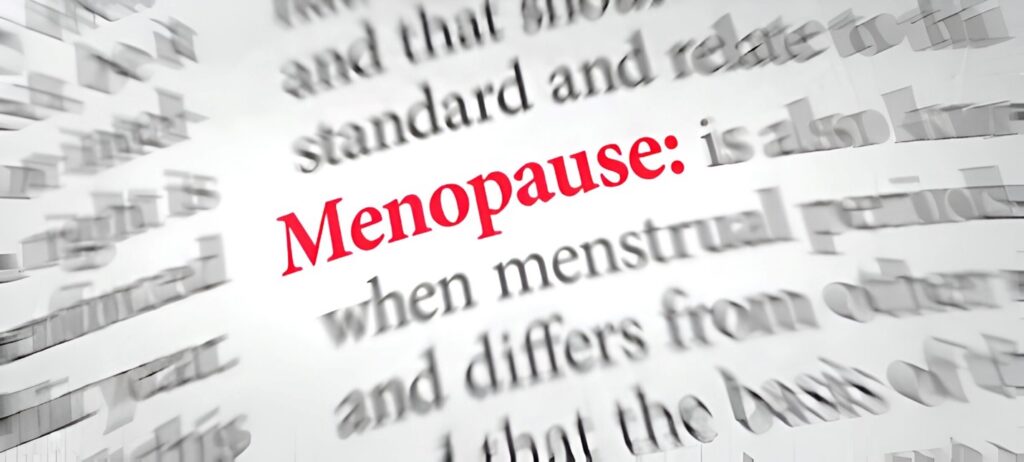
Menopause and Mental Health: What You Need to Know
While hot flashes and weight gain get most of the attention, the emotional aspect of menopause is just as important. Many women find themselves battling with mood swings, irritability, or even the symptoms of anxiety and depression because of the changes in the body caused by hormones.
Declining estrogen hormones impact serotonin, the “feel-good” hormone, making you susceptible to mood changes. At the same time, poor sleep from night sweats or insomnia can contribute to stress and brain fog symptoms, too.
To help protect your mental health in menopause:
- Stay physically active – exercise produces endorphins.
- Prioritise sleep hygiene and avoid irritability and fatigue.
- Practice of mindfulness or meditation for emotional balance.
- Seek support from friends, family, or professional counselling if symptoms continue.
Addressing mental health is such a crucial aspect of any menopause survival guide that it ensures you feel supported physically and emotionally during this time of transition.
Conclusion
Menopause is a natural stage of life, but it doesn’t have to be a battle uphill. With the right menopause survival guide, you’ll know how to identify symptoms, explore what works to relieve them, and use lifestyle hacks to truly make a difference.
From eating smarter to trying herbal remedies for menopause symptoms, there are small changes that can have a significant impact on your health and happiness. Most importantly, keep in mind that this is a journey of finding what works for you.
Take it a step at a time, lean on your support system, and be sure that you can not only survive through menopause, but you can thrive through it. For more practical health strategies and women’s wellness tips, visit Healthabulous.
FAQs About Menopause Survival
1. What is the most common menopause symptom?
Hot flashes and night sweats are the most common, although every woman has different symptoms.
2. Can menopause be managed without medication?
Yes. Many women find relief with lifestyle changes, herbal treatments and natural supplements.
3. How long do menopause symptoms last?
Symptoms may last from a few months to several years (four years being the average).
4. What foods should I avoid during menopause?
Excess sugar, caffeine, processed food and alcohol can aggravate symptoms such as hot flashes and weight issues.
5. Do I need hormone replacement therapy (HRT)?
Not always. HRT helps some women, but others do fine using natural remedies and lifestyle changes. As always, consult your doctor, depending on what’s right for you.

